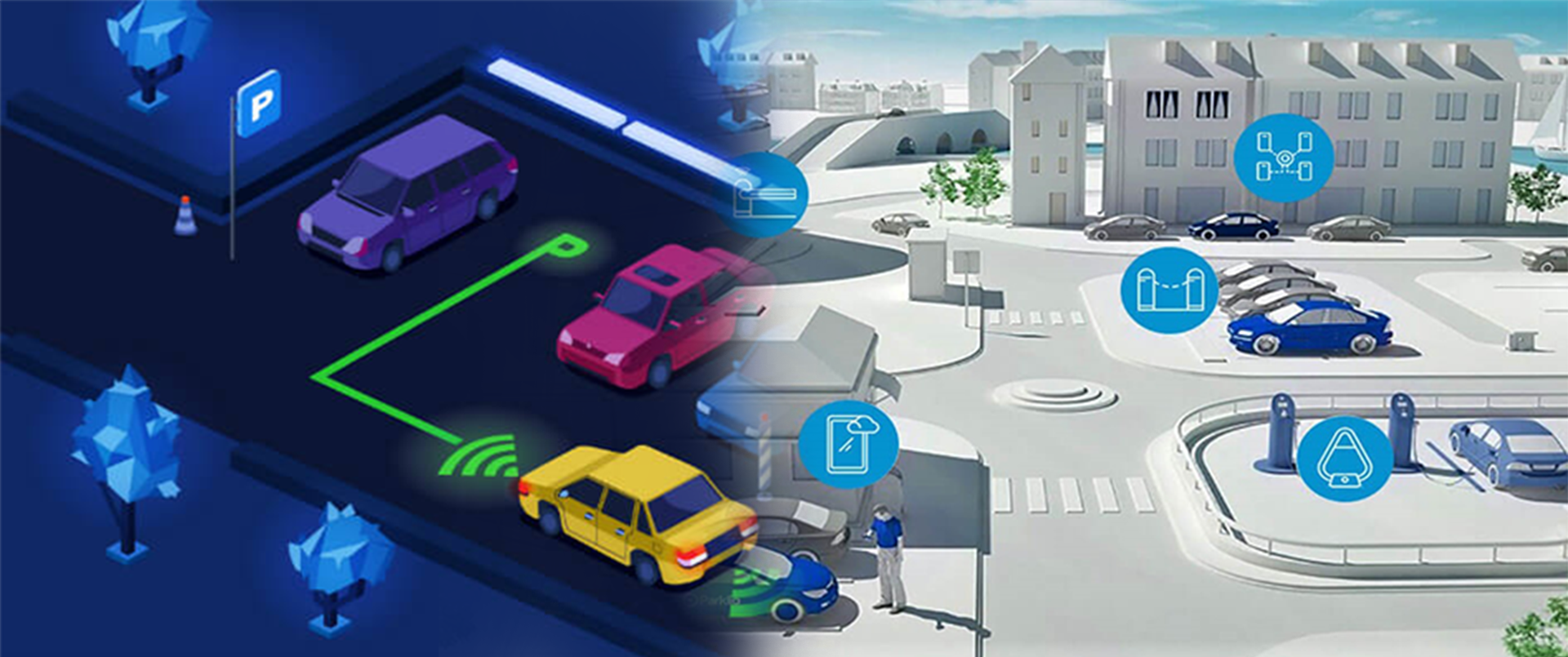
Smart parking refers to the integration of technology and data-driven solutions to optimize and improve parking management systems. It utilizes various technologies and sensors to provide real-time information about parking space availability, improve parking efficiency, and enhance the overall parking experience for users.
Smart parking refers to the integration of technology and data-driven solutions to optimize and improve parking management systems. It utilizes various technologies and sensors to provide real-time information about parking space availability, improve parking efficiency, and enhance the overall parking experience for users. Here are some key aspects and benefits of smart parking:
Smart parking solutions can be implemented in various settings, including public parking lots, parking garages, and on-street parking spaces. The integration of technology and data-driven approaches in parking management holds significant potential for addressing parking challenges in urban areas, optimizing parking resources, and creating more sustainable and user-centric parking systems.